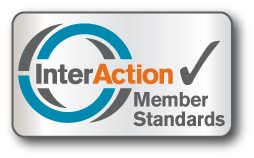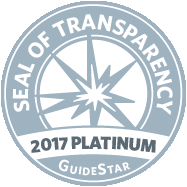A certificate can make all the difference.
In Ethiopia, people living with disabilities encounter many disadvantages in society and are often subject to stigma and discrimination. They are disproportionately poorer, and particularly vulnerable to crises. They remain largely excluded from political and civil processes and are voiceless on crucial issues that affect them and their society. People with disabilities are mostly considered burdens, live in poverty, and lack access to basic services such as education, health care, vocational training, and employment.
In 2016 WEEMA started a project in the Tembaro District to empower people with disabilities and build positive attitudes, perceptions, and beliefs to bring long lasting change in the community. WEEMA provided training to help community members with disabilities form associations that are open for membership to people with disability from anywhere in the district. The associations have now joined efforts to form a union at the district level.
Great news - the Disability Union that WEEMA supports has secured its legal registration certificate. What does that mean? Many people in the US hear the word certificate and think of it as something we receive upon completion of a seminar or a course. Or one of our children receives a certificate for being a member of the youth softball team - something that all team members receive. Receiving the certificate is rewarding, but it is not much more than that.
In the Ethiopian context, receiving a certificate for the union is so much more important. It is like a birth certificate for a person - it is possible to exist and function without the document, but obtaining certification opens many more doors. With legal status, the union members have more recognition, access to the government resources, and more lobbying power. The members of the associations have the ability to operate a businesses and hold bank accounts as an entity instead of informally. And, there is less risk if they take legal action if they are taken advantage of or wronged.
This year WEEMA’s work with the union and four associations in the Tembaro District includes continued capacity building trainings; diversification of income generating activities, the purchase of wheelchairs and walking aids, and start-up capital for selected associations who are forming their own businesses.
For more information about WEEMA’s work focused on people with disabilities, www.weema.org/leave-no-one-behind or you can support our work here.








